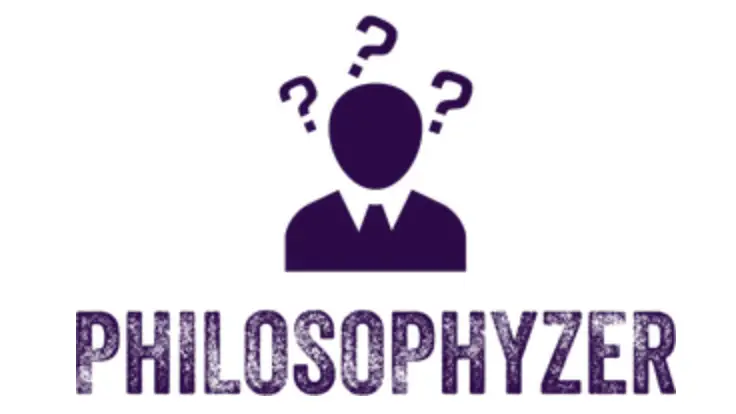What is the Via Negativa?
The Via Negativa (also called the Apophatic Way) focuses on explaining the nature of God by focusing on what God is not (‘apophatic’ comes from the Greek term ‘to deny’). The via negativa is based on the fundamental belief that ‘God’ is beyond human understanding and description – ‘He’ is completely ineffable. This belief in the ineffability of God is derived from the Neoplatonists (later interpreters of Plato), such as Plotinus and Augustine. The Via Negativa itself is found particularly in the writings of Pseudo-Dionysius and Moses Maimonides.
Moses Maimonides and the Via Negativa
Moses Maimonides was a twelfth-century Jewish philosopher living in Muslim Egypt. He was a great doctor as well as philosopher and a talented politician and linguist. Maimonides was one of the great translators of Aristotle. He famously wrote The Guide for the Perplexed. The Perplexed were those who could not balance what they read in Scripture (for Maimonides this was specifically the Torah) and what they had read in Aristotle.
He believed that the Torah was an imperfect source for describing God as any descriptions are carried out using human language – “The Torah was written by the sons of men.” Any attempt to use human language to describe God is anthropomorphic. He saw it as necessary for the less intelligent, but it was still a ‘second-best’ approach as “the sun is hidden to eyes that are too weak to comprehend it.” All that Scripture tells us conclusively about God is found in his conversation with Moses. Moses asks him who he is and God responds “I am that I am.” This, of course, doesn’t tell us very much about his nature.
For Maimonides, religious language is fundamentally equivocal – it has a different meaning when it is applied to God. In the end he concluded that when it came to directly describing God’s nature, “silence is the best praise.” As an alternative to describing the characteristics of God, which he felt was impossible to do in a meaningful way; he suggested that we demonstrate the nature of God by saying what he is not (via negativa). We can say that God is not mortal or he is not evil.
Pseudo-Dionysius
There is not much information about who Pseudo-Dionysius was. For a long time it was thought he was the Dionysius mentioned in Acts, but he was actually writing in the sixth century. He wrote The Mystical Theology, where he emphasised that God is “beyond all being and knowledge.”
He claimed that God…
“Is not soul or mind, nor does it possess imagination, conviction, speech, or understanding… It cannot be spoken of and it cannot be grasped by understanding. It is not number or order, greatness or smallness, quality or inequality, similarity or dissimilarity. It is not immoveable, moving or at rest. It does not live, nor is it life. It is not substance, nor is it eternity or time… there is no speaking of it, nor name nor knowledge of it. Darkness and light, error and truth – it is none of these. It is beyond assertion and denial.”
Scripture can give us some knowledge of God’s nature, but this is always going to be constrained by the limits of human language – it can never give us full understanding of God. What is your view on the via negativa?
